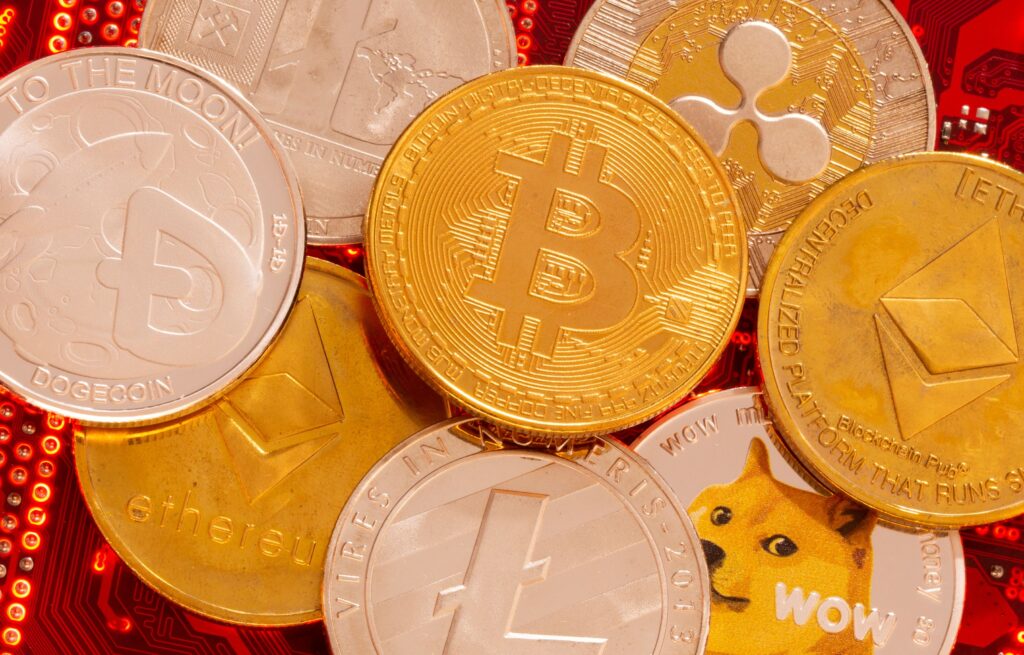
The cryptocurrency market has been quietly growing in India for several months, and the Reserve Bank of India has raised worries about it, prompting the Centre to take notice. In recent days, the government has stated that it intends to regulate cryptocurrencies in order to prevent investors from keeping them without limitation. It does not, however, intend to outright ban crypto currency, as it had proposed.
Prime Minister Narendra Modi stated clearly during a virtual keynote talk at the Sydney Dialogue a day ago that the administration wants to evolve as the globe changes every day.
According to a Reuters storey, the Narendra Modi government is expected to allow just those cryptocurrencies to be listed and traded on exchanges that have been pre-approved by the authorities. According to those acquainted with the situation, the procedure is time-consuming but intentional.
“A coin can only be traded if it has been approved by the government; otherwise, holding or trading it in may result in a penalty.” “One source, who did not want to be identified, indicated Prime Minister Narendra Modi stated on November 18 that cryptocurrency must not fall into the “wrong hands and corrupt our children.” “, encouraging all democratic nations to band together to prevent such tragedies from occurring. Rather than outright banning cryptocurrency, the government and the RBI have recently hinted at introducing a strong regulatory control to prevent money laundering and terror financing.
According to a report by Reuters, the government intends to introduce and pass a cryptocurrency law during the parliamentary session that begins this month. Thousands of peer-to-peer currencies that thrive on being beyond the scope of governmental inspection would be hampered by such a pre-verification strategy, according to the report.
The Centre had stated earlier this year that it would examine criminalising the holding, issuing, mining, trading, and transfers of crypto assets and would introduce legislation to that effect.
The view has since shifted, as the crypto ecosystem has grown in popularity. However, two individuals informed Reuters that this is only a change of scenery. To prevent trading of digital tokens, major capital gains taxes and additional levies are anticipated to be imposed on crypto assets. Investors “will have to pay over 40% on any crypto gains so far,” according to a top government source. According to the source, who did not want to be identified, additional goods and services sales taxes (GST) and securities transaction taxes could be imposed on top of any capital gains taxes.
As the crypto ecosystem has risen in popularity, the perspective has evolved. Reuters was told by two people that this is only a change of scenery. Major capital gains taxes and extra charges are expected to be levied on crypto assets to prohibit trading of digital tokens. According to a key government source, investors “will have to pay over 40% on any crypto earnings so far.” Additional goods and services sales taxes (GST) and securities transaction taxes might be applied on top of any capital gains taxes, according to the source, who did not want to be identified.
According to the Economic Times, cryptocurrencies may be accepted as an asset class in India rather than being outlawed. This means it won’t be accepted as a genuine medium of exchange, but it can be held as an asset like gold, stock, or bond.